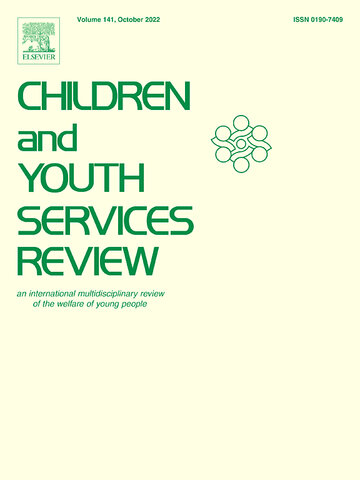Care leavers are disadvantaged in many countries and in many ways in terms of their participation in society. Compared to the population as a whole, they have a lower level of education and are more often unemployed or precariously employed and less well paid. They are more likely to experience poverty and poor health, and their life satisfaction is lower. Previous research has focused primarily on the “leaving care” phase and related challenges in the transition to independent living. This paper is the first to analyze the socio-economic status and living situation of care leavers between the ages of 20–29 in Austria. In a questionnaire survey of 26 institutions and all federal states, 122 care leavers born between 1987 and 1997 were interviewed about their current life situation. By using standardized scales and items, data were collected that could be compared with the Austrian sample from the EU-SILC survey.
The results reveal considerable disadvantages in all areas investigated. Female care leavers suffer greater disadvantages in terms of their financial status, health and satisfaction with the housing situation, male care leavers in terms of the subjects in which they are educated, unemployment and satisfaction with their personal relationships. The 25–29-year-old care leavers suffer fewer, less severe disadvantages, but still lag behind the comparison group in most areas. Overall, the results underline the need for educational and social policy interventions.

